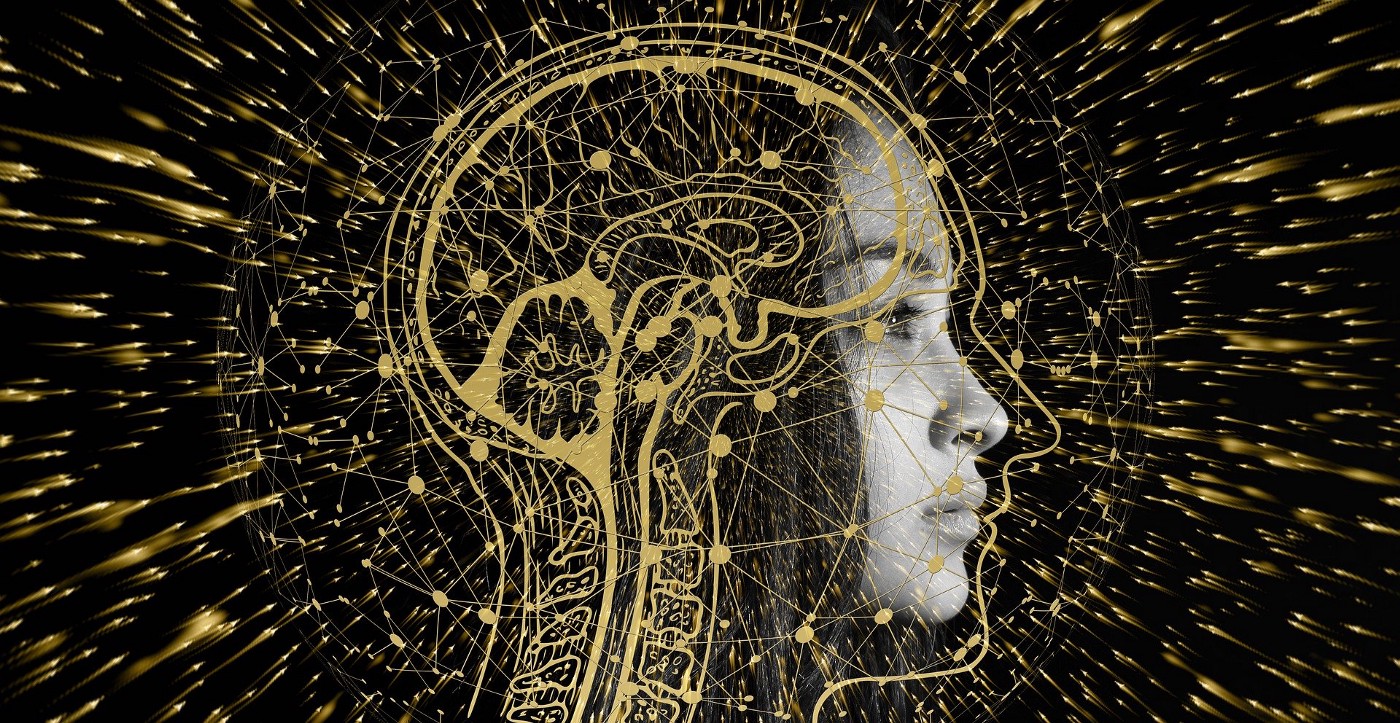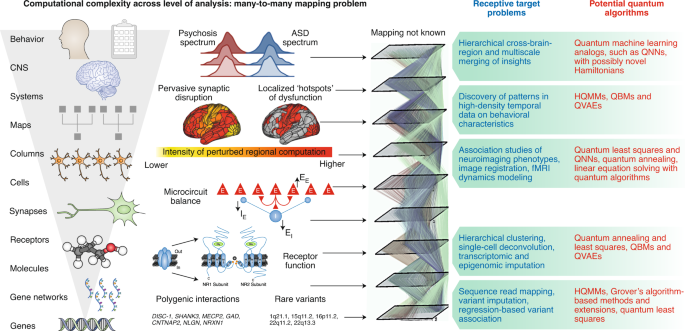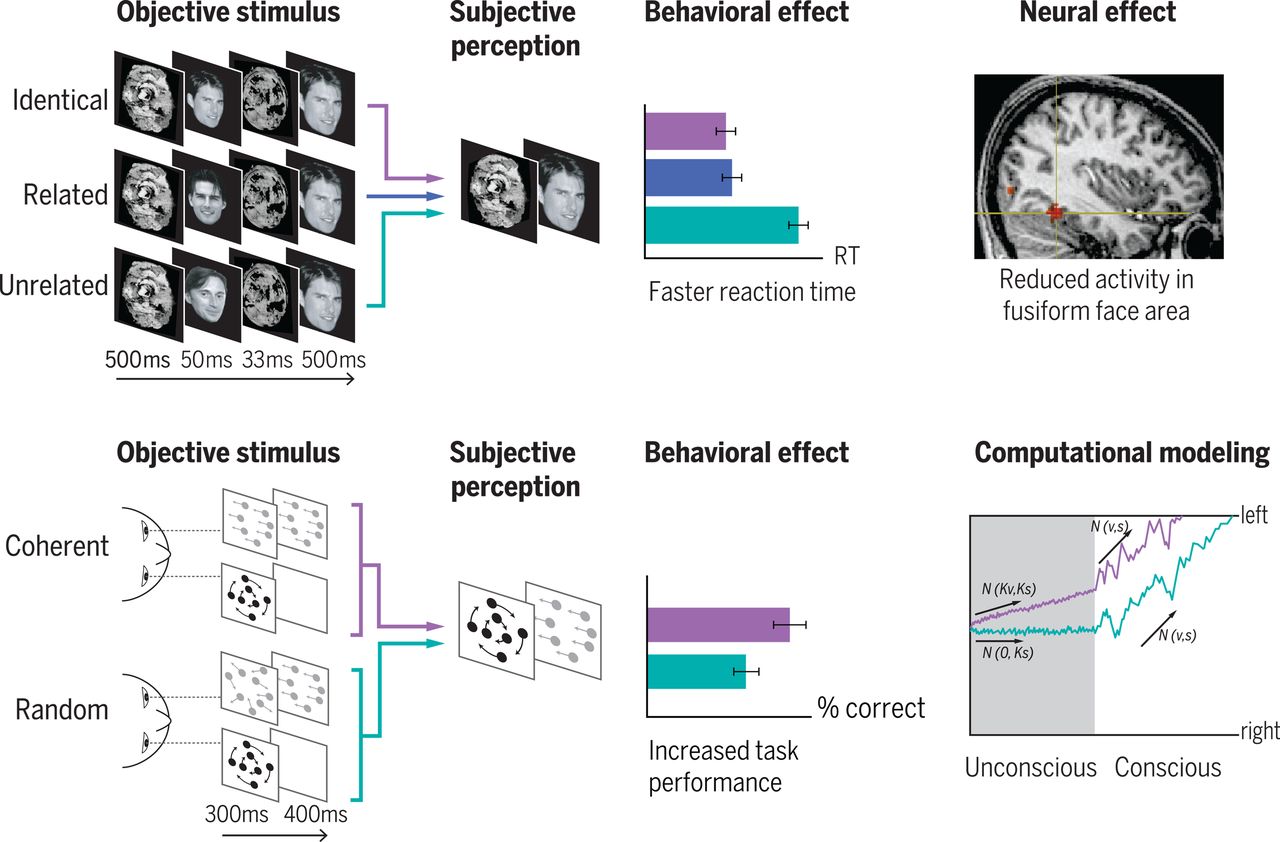Comments
- No comments found

Quantum computing is a rapidly growing field that has the potential to revolutionize the way we process information.
While classical computers rely on binary bits to store and process information, quantum computers use quantum bits or qubits. This allows them to perform certain calculations much faster than classical computers, making them ideal for certain types of complex problems that would take classical computers an impractically long time to solve.
But what does this actually mean for the field of neuroscience? In this article, we will explore the ways in which quantum computing is being applied to the study of the brain and its functions, and the potential benefits this technology may offer for our understanding of the brain and the treatment of neurological disorders.

One of the most significant challenges in the field of neuroscience is understanding the complex connections between neurons in the brain. These connections, known as neural networks, are thought to underlie many aspects of brain function, including perception, cognition, and movement.
Quantum computing has the potential to help us map these neural networks in much greater detail than has been possible with classical computers. This is because quantum computers can perform certain types of calculations much faster than classical computers, allowing them to analyze large amounts of data in a relatively short amount of time.
For example, researchers at Google have developed a quantum algorithm that can be used to map the connections between neurons in the brain. This algorithm takes advantage of the quantum computer's ability to perform complex calculations in parallel, allowing it to analyze large amounts of data much more quickly than a classical computer.
Another area where quantum computing has the potential to make a significant impact is in the simulation of brain function. This is important because it could allow researchers to test and validate theories about how the brain works, and could also lead to the development of new treatments for neurological disorders.
Quantum computing provides an alternative approach to simulating the brain, one that takes advantage of the unique properties of quantum bits. This allows researchers to model the complex interactions between neurons in the brain in a much more accurate way than has been possible with classical computers.
For example, researchers at IBM have developed a quantum computer-based simulation of the brain that can be used to model the behavior of individual neurons. This simulation takes advantage of the quantum computer's ability to represent quantum states, which are much more complex than the binary states used by classical computers.

One of the most intriguing mysteries in the field of neuroscience is the nature of consciousness. Despite decades of research, we still do not fully understand what consciousness is, how it arises, or how it is related to brain function.
Quantum computing has the potential to help us solve this mystery by allowing us to model complex systems in much greater detail than has been possible with classical computers. This could lead to a better understanding of how the brain generates conscious experiences and could also provide new insights into the nature of consciousness itself.
For example, researchers at the University of Glasgow have used quantum computing to model the behavior of neurons in the brain and to study the relationship between brain activity and conscious experience. This work has provided new insights into the mechanisms underlying consciousness and could lead to the development of new treatments for disorders that affect conscious experience, such as depression and schizophrenia.
In conclusion, the field of quantum computing is offering exciting new opportunities for the study of the brain and its functions. From mapping neural networks to simulating brain function, quantum computing has the potential to provide a wealth of new information about the brain and its workings.
Leave your comments
Post comment as a guest